

Experts List
The scientists in the ELLIS Network are top experts in their respective fields and participate in ELLIS in various ways, for example by building up cross-national research programs and ELLIS sites, and by supervising ELLIS PhD students.
Discover experts in frequently covered research areas and topics related to modern AI. All scientists listed below are:
Members of the ELLIS network,
carry out own research projects at scientific institutions across Europe, and
are available to provide statements on their respective field of expertise.
Additionally, you can find experts in topics by their affiliation, by language(s) spoken or by their location.
For all interview requests, please contact us at pr@ellis.eu.
Art and Creativity: Exploring AI’s role in art creation, music composition, and creative industries.
Assistive Tech and CareTech: applying AI to improve the independence of individuals with impairments such as visual, hearing, or cognitive.
Autonomous Vehicles and Mobility: Understanding AI’s role in self-driving cars and transportation systems.
Bias and Fairness: Addressing issues of bias, fairness, and inclusivity in AI systems.
Business and Finance: Understanding AI’s role in business analytics, financial forecasting, and decision-making.
Climate Sciences: The role of AI in understanding the Earth System and detecting and analyzing extreme weather events
Cybersecurity: Discussing AI’s role in enhancing or threatening cybersecurity
Education: How AI can support personalized learning, tutoring systems, and educational content creation.
Ethics: Focusing on moral principles and challenges in AI development and application.
Gaming and Entertainment: Exploring AI’s use in game development, virtual reality, and interactive entertainment.
Foundation Models: Covering the basics of Large Language and/or Multimodal Models such as ChatGPT.
Green Transition: Addressing the environmental impact of AI and sustainable practices.
Healthcare: Exploring AI applications in medical diagnostics, treatment planning, and healthcare management.
Human-AI Interaction: Focusing on how humans and AI systems interact and collaborate.
Law: Discussing legal implications, policy-making, and regulatory concerns surrounding AI.
Machine Learning and Deep Learning: Understanding the core technologies driving AI advancements.
Natural Language Processing (NLP): Exploring how AI understands and generates human language.
Privacy and Data Protection: Concentrating on data security, privacy concerns, and regulations like GDPR.
Quantum Computing: Understanding the intersection of quantum computing and AI’s potential.
Robotics and Automation: Discussing AI in robotics, industrial automation, and everyday life.
Explainable AI (XAI): Making AI systems more transparent and understandable to humans.
Social Good: How AI can address societal challenges like poverty, education, and disaster response.
Technology, Media, and Democracy: AI’s impact on the trustworthiness of the information ecosystem.
- No results found
- No results found
- No results found
















